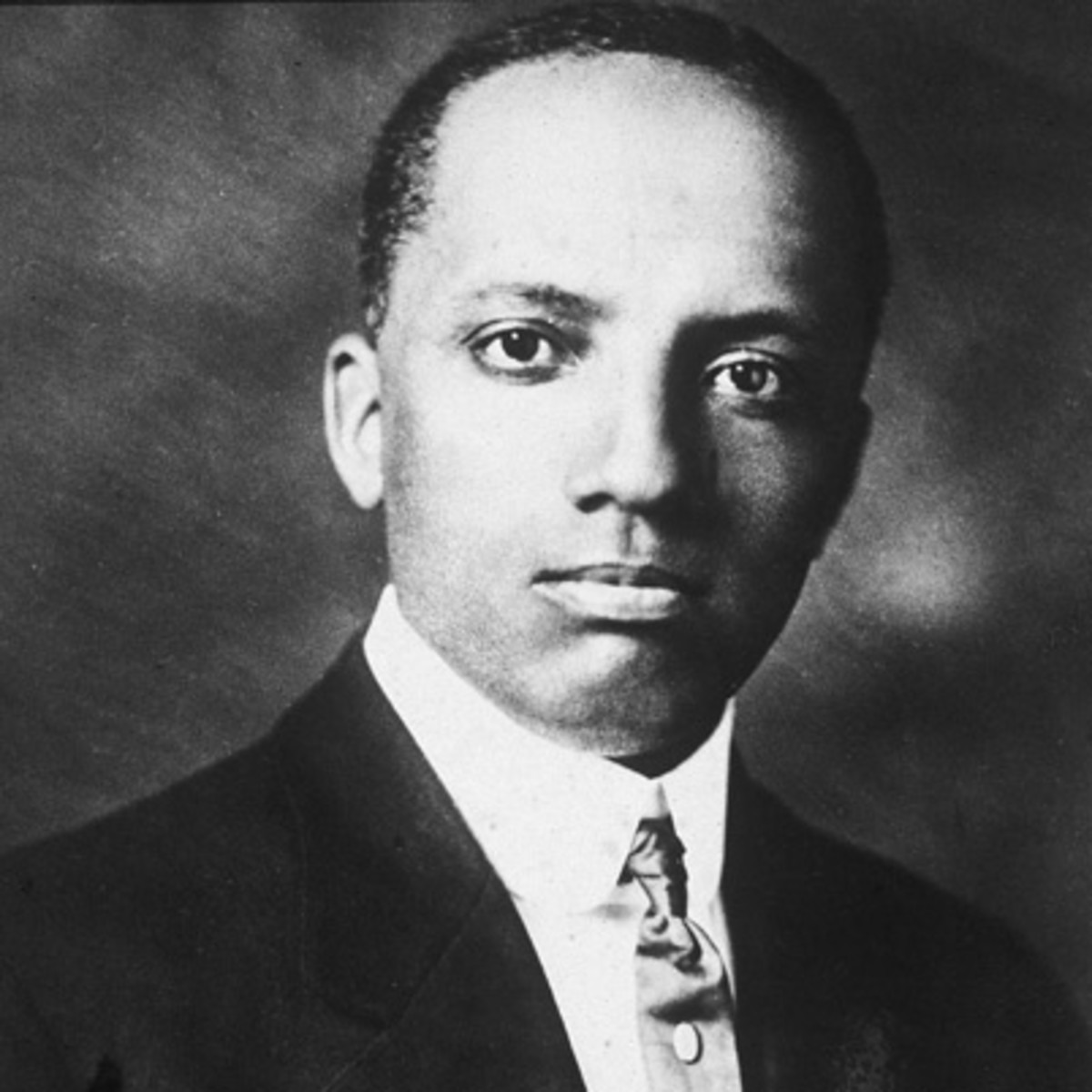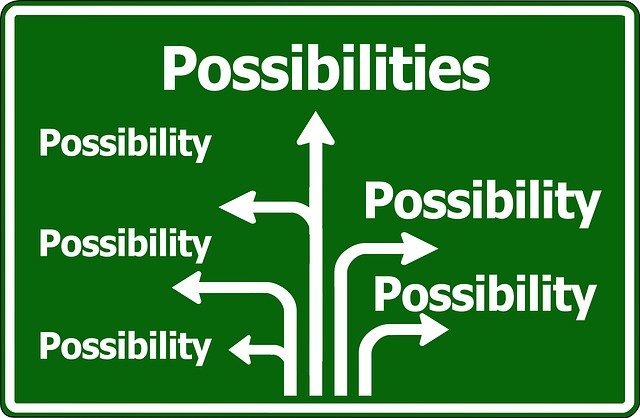
The 4 Best Responses to I Need a Better Price
Jul 28, 2022 | Public Speaking
There are many ways to approach negotiation when you are looking to buy something, however, what happens when you are the seller. How are you able to negotiate the price as the seller? Do you find yourself caving?
Or are you able to stand your ground on a regular basis? You should know the best tactics to ensure that you are making the best profit possible on your products. This is everything that you need to know as a seller to ensure that you can offer some of the best responses to buyers who are always looking for a better price.

The Issue at Hand: When a Seller Caves
In the 1970s researchers began looking at the effect that a seller had to deviate from a list price. The thought was that when they were collaborating with sellers who had the higher pricing authority that they would be closing better deals overall. However, there were many commissions that were based on the margins, and it was best for the seller to get the best deal possible with each of the buyers.
One thing that was very surprising however when looking at all the sellers who had the most authority, they had the lowest profits of all the other sellers who were a part of the study. The high authority sellers were 11% lower in margin and had around 13% few sellers than those who had lower authority in the field and had less ability to negotiate on the pricing. When looking at the issue, it came down to really two things buyer tactics and the seller’s behavior.

When looking at the long-term patterns, that meant that sellers were caving too often. This caving led to many terrible things for sellers like:
- 1. Poor deals for sellers.
- 2. Sellers setting a trend that they would be willing to negotiate on prices.
- 3. This led to diminished results for the sellers that were not able to meet their targets and were not able to meet their goals.
Bad deals are a lot more about price dropping than you might think.

There are many other things that are wrapped up in the entire story of bad prices such as contingencies, cancellation terms, more products and service requests. Buyers are aware of all the kinds of quotas and other factors as well that sellers are having to reach now.
With all these senses of urgency on the seller, sometimes they are not thinking straight. On thing that is important to be aware of is that when you are anxious, it is going to change the way that you are interacting and the way that you are approaching negotiations.
Pro Tip
Your Solution: Be Ready for a Trade

When you are in the middle of negotiations. You need to make sure that you are always ready to get something for what you must give. That means that you need to be ready to make trades.
There are a few things that you need to remember when you are making a trade. You need to always trade and not cave.
Many of the best negotiators find fresh solutions when they can find new ways to add value. Here are a few of the best responses out there for you to be able to practice.
- 1. Always look for decision-makers.
- 2. Always be confident.
- 3. Have a single discount.
- 4. Know when to stop the negotiations.
- 5. Make sure your value proposition is clear.
- 6. Always allow the seller to make the first offer.
Action Item
When you are collaborating with buyers who are mentioning issues of any kind whether they are related to your process or anything else. Here is what you need to remember.
Always look for decision-makers.

When you are selling a product that allows for any kind of negotiation, you want to make sure that you are speaking to the right person. You need to ensure that you are negotiating with a person who has the influence that you need so that you are not going to be wasting any time or effort.
You also need to know that you are going to be able to produce something the first time if you are dealing with someone who asks for a lower price. You need to always perform your due diligence and ensure that you are in front of the right people so that you will be able to make sure that you have the right decision before you name a price.
Always be confident.
Make sure that you are always putting yourself in the shoes of your buyer’s that means that you need to think about what they are thinking if you have anxiety. You can see why they are wanting to get a lower price. You will see also that when you are collaborating with prospective buyers, they are watching for all your nonverbal cues as well as your regular ones.
They are going to be wanting nothing but confident cue from you. You want to be confident and not overconfident. You are going to turn people off if you have the wrong attitude.

Have a single discount.
There are all kinds of options for you to think about when you are creating discounts for your products. However, when you are thinking about a way to price things for your customers you want to make sure that you are not using anything that will seem arbitrary. That means that you need to ensure that you have a single discount that you can use, and it will allow you to always earn a profit.

Know when to stop the negotiations.
When you are collaborating with prospective buyers, you will see that there are many people out there that would rather get something for free other than pay for something. However, that will mean that you are not making a profit.
Considering that you are business that needs to make moneys, you need to now take an offer that is lower than you are asking. You need to ensure that you are aware of every discount that happens, and you are not going to set yourself up not failure by not running a successful business.

Make sure your value proposition is clear.
As a seller, you need to make sure that you can share with your customers because it is that they should be buying from you. Most of all the buyers out there are noticeably short sighted and are not able to see beyond the price. The thing that you need to show them is that they are going to be able to save and you want to make sure that you can show them as well any other add on that are a part of your product.
Pro Tip
Always allow the seller to make the first offer.

When you are talking to a prospect and they want to make the first offer when you are speaking to them, you will know who you are dealing with and any of the issues that they are facing. What that means is that you need to be in a good place when it comes to all the negotiations out there. When you listen to them, you will be able to give them the best solution that they are looking for.
You are also going to be able to give them a much better deal based on the price that they are looking for. You may also be able to think about a way to help them without having to haggle at all. When you have a price though that the buyer says is too high, what do you do then?
When it comes to someone objecting to the price it is not what you think it is most of the time. It is important to understand what is being said there and how.
Can we do it for less?

When it comes to the buyer who is looking for a discount because they got one in the past, you need to make sure that you tell them the price is firm. Many of them may be looking just to find a cheap solution and may not understand what they are paying for. You need to explain the full value of the product and highlight what they are getting in a way that they cannot ague.
Money is a Problem!

They cannot find a way to pay more than they have in the past, you need to ensure that you are explaining the ROI to the prospect so that they see what is coming with it. When you are sharing the value of what it is that you are implementing, they should be willing to pay more. You also want to take the time to share a case with them of a client who had a remarkably analogous situation so that they can see the value.
I Have Other Options!

When you are in the business world it will become noticeably clear that there are all kinds of competitors out there for everything. A part of that is that it means it is possible for there to be many other bargaining chips for you and for your buyer.
You want to ensure the buyer that you are in a place where you have priced things as affordably as you can. If you are still not convinced, you want to make sure that you are able to offer the integration of more support or another thing to add value to the product.
Call Me if You Lower the Price.

This may sound like they are bluffing, but it is a way to make sure that you are holding your ground. That is especially important because you are working to always ensure that you have the best solution for the customer and that takes time. Sometimes you must just walk away.
























Recent Comments